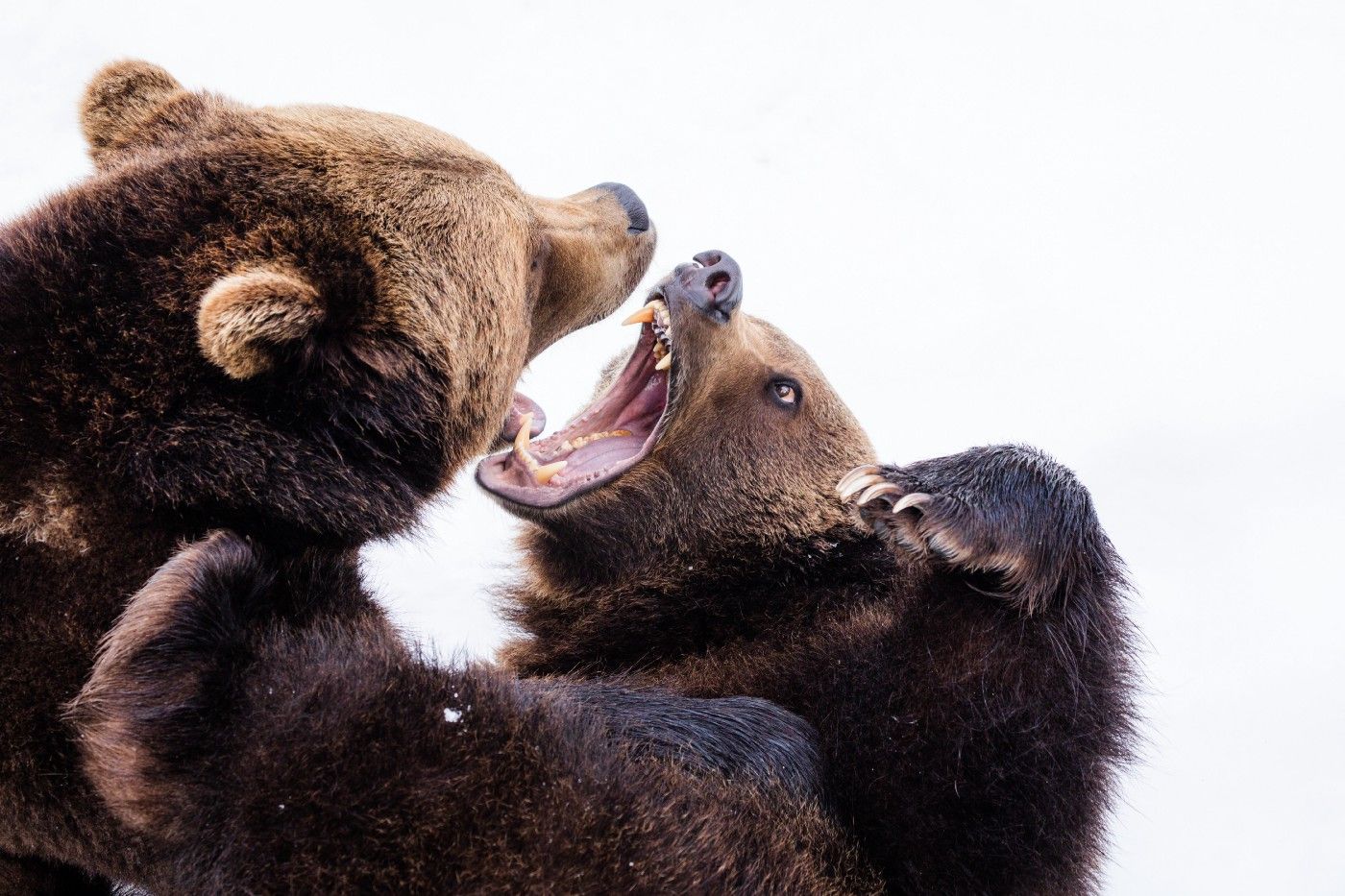What it means to be mannered in an increasingly rude world
I wouldn’t laugh at you if you thought it rather odd that the issue of being well- mannered comes up for me quite often when I am off on adventure travel.
Yet it does. In fact, given the many, many trips I’ve taken to some of the far-flung places on earth, the business of being well-mannered takes on a wholly different meaning when you are in some of world’s wildest places.
Well-mannered brings up a few words for me:
Civil.
Genteel.
Considerate.
Polite.
Gracious.
When you and I travel the world, there are many variations on what polite might mean. In some areas, showing the sole of your shoe to someone else is considered insulting, while certain gestures that are normal and everyday to us are the height of rudeness to others. This isn’t that. Those are cultural idiosyncrasies, which offer at times a way to make amends, have a laugh, and be corrected gently (or however) and not do it again.
It’s not about which fork to use or how to recognize that thing you use with lobster and heavens you can’t use THAT to butter your bread, and no that’s not your water glass, it’s mine.
The Brits, who in the not-too-distant past did a rather good job of trying their best to extend the Empire around the entire globe (which ain’t bad for such a small island) happen to be, in my estimation, among the best when it comes to civility. Not always and not in all circumstances. However every time I travel with the Brits, and that would include to countries where the British colonial influence has traditionally been quite strong, the emphasis on courtesy and respect can be strikingly different compared to places where such courtesies have largely fallen by the wayside.
Like in America, for example. If being well-brought up means that we have an inherent respect for others and a concern for their well-being, it might be fair to argue that we’ve fallen off the reservation a bit. That unfortunate tendency is spreading, current Administration as Exhibit #1, and it’s infecting other parts of the world as well. It’s a dangerous tendency, to my mind.
Being moneyed or “to the manor born” in no way ensures good manners, which are in so many ways simply a concern for others’ well-being. Assholes show up in so-called polite society (which is why the mannered and better- bred New York society so dislike Trump). Offering small courtesies, letting others go first, holding doors open, being aware of who is walking behind you into a store. The more we avoid doing these small but critically-important acts the less respect we have for ourselves and for others. Those minute but mindful courtesies build an awareness of others, which extends to many aspects of our lives. People who are “well brought-up” are simply far more aware of, courteous to and respectful of others. That moniker knows no gender, nor color, nor religion, it’s simply a matter of a generosity of spirit and concern for the well-being of those around us.
Such as, thinking first before firing off a toxic email, rewriting an angry note 24 hours after the heat has worn off. When’s the last time you did that before you punched “send” in the heat of the moment?
There are million ways in which manners touch our lives. I just finished eight days here in Kenya on riding safari with a group primarily made up of Brits, some of whom live here in Kenya and others who have homes both in Britain and here. Two others were Swiss and German, respectively. The safari outfit founders and managers are British-born Kenyan citizens. The difference between how these riders comported themselves on the trip, around camp and at dinner is significant when I compare them to groups of Americans or mixed groups.
They were mindful of where their horses were, and who might want to take a shot at jumping an obstacle. They were aware of the need for safety, and wouldn’t have dreamed of crossing a river until all the group members were ready to go as one. They were well aware if you weren’t feeling well, and if anything, offered more lotions and potions than a Middle Eastern pharmacy. All this to ensure that nothing would sully your trip.
I got a nasty cold by the third day of our safari, which meant that I quarantined myself as much as possible, including riding on the outside edges of our group, staying downwind. I refused to bring my germs to the dinner table. I ate in my tent until I was past the worst of it, and took naps far away from the lunching areas. My sainted mother would have been horrified if I had coughed close to someone else’s plate. You just do not impose whatever is the matter with you onto other people. If necessary (and possible) you go home or get yourself to a hospital if it’s serious. It’s not negotiable.
That’s not just being polite. That’s being aware of your responsibility to the larger group. By comparison I’ve been on trips where a sick person thought nothing of sharing her germs. One man on a very long flight to Indonesia in 2018 sat one row behind me and coughed the entire time, not once bothering to cover his mouth. Three days later I was deathly ill, a sickness that last ten days and which ruined my entire time in Borneo. I would bet the entire economy class shared that sh*theel’s illness. Probably two hundred people because that man couldn’t be bothered to cover his cough or wear a mask.
Imagine if he’d had the corona virus. That’s the whole point.
Bad. Manners.
The reckless disregard for the larger group.
Manners keep us safe. They bring us together and establish trust. Where cultures clash, one of the critical rules of engagement is to establish how we are going to treat each other, and what respect looks like. After that all kinds of conversations can happen, but not until we agree on the rules of civil discourse (which, kindly, is what Medium states as a priority, which is every so often badly broken by a troll, which is precisely what I mean: badly brought up brats wearing adult skin suits).
It’s an acknowledgement of the critical societal role that manners play, from being curious about others and willing to listen and acknowledge their points of view to being sure that everyone has enough to eat and drink, to attending to someone who is clearly in distress but for whatever reason doesn’t choose to speak up about it. It’s handling those kinds of issues with respect for privacy.

I was on a trip last year where a good bit of that kind of courteous behavior was missing. Instead there was a lot of me-first, aggressive arguing, disrespect for opposing viewpoints, and outright rudeness. One particular person eschewed all the hard labor while others sweated to bring firewood to the camp, and avoided any and all lifting work while also bragging about his strength. This particular man was an American while most of the rest were Canadian.
In some circles he might be referred to as “ill-bred” or “badly brought-up.” In practice, what a lack of common decency and courtesy does in a small group is add toxicity and ill-content. The group no longer feels safe. We didn’t. In fact things got worse, and more than a few of us did a little dance when the small plane that had landed in the wilderness took off with him and his wife aboard.
The best of all adventure companies, if this is at all possible, remove the offender, send them home with a refund, and then inform their fellow adventure companies of that person’s name and behavior. They get banned from other trips. I know of at least one rider who was able to get himself blacklisted this way.
Manners are trained into us from an early age, whether it’s deference to adults or authority, respect for the law, or being mindful of cultural differences when they travel. When hordes of tourists wander the streets of Phuket, Thailand, wearing little more than a string bikini or a pair of shorts, it’s an offense to this conservative, Buddhist society. When hordes of tourists wander Angkor Wat without covering their bare arms, it’s an offense to that conservative Buddhist society. When Japanese tourists pour into Egyptian monuments and take flash photos, which are expressly forbidden and clearly marked as such in order to protect those treasures for future generations, it’s an offense to that society.
Imagine how we might feel if foreign tourists were to wander a site precious to us, to our faiths, dressed in a way that is hugely offensive to us? That’s what I mean by manners. The lack of respect for what is holy to others is precisely what drives ISIS to smash and destroy ancient Buddhist temples. We’ve done plenty of that ourselves, to Indian sacred sites, to other cultures’ precious relics.
The less mannered we are, the more bestial, selfish and shitty our behavior. The more we rape, pillage, and rip off others for our own benefit.
And the less safe the world is for us all.
I see this kind of thing every day in my neighborhood where people have decided that stop signs mean everyone else but them, of course. That speed limits next to the elementary school mean everyone else but them, of course. That the speed limits on the local road are for losers, laws of the road are for losers, and in general, they’re far too fucking important for the rules of society to affect them. Of course they are.
So yes. When I travel, I notice manners. Because in the very intimate world of the challenging adventure group, where dangers are very real, and survival can well depend on whether or not someone has even the most basic sense of civility and duty, manners matter.
For the lack of them is spreading far beyond the online viciousness and lack of civility into the bucolic neighborhoods were our tiny kids trust that adults slow down around schools (don’t count on it) adults respect speed limits while you take your kids onto the beltway to get to soccer practice (don’t count on it) and adults understand that an ambulance with its lights on with your father in the midst of a heart attack needs to get by them on the highway.
Don’t count on it.
Got manners? Please use them. These days I’m almost exaggerated in my use of manners to let people into traffic, make way for folks in a hurry, and do my level best to be as aware of others as I can. I’ll give someone else my cart at a busy supermarket, take someone else’s cart back for them, pick up someone else’s trash. I will scrape the snow off a neighbor’s driveway, drop off a bag of almonds at my local police station, and take the time to talk to my slightly addled, 90+ northern neighbor. Because it seems that there are fewer of us out in the world who understand that a genteel kind society is for all of us.

Comments powered by Talkyard.